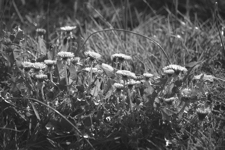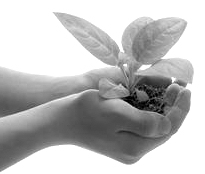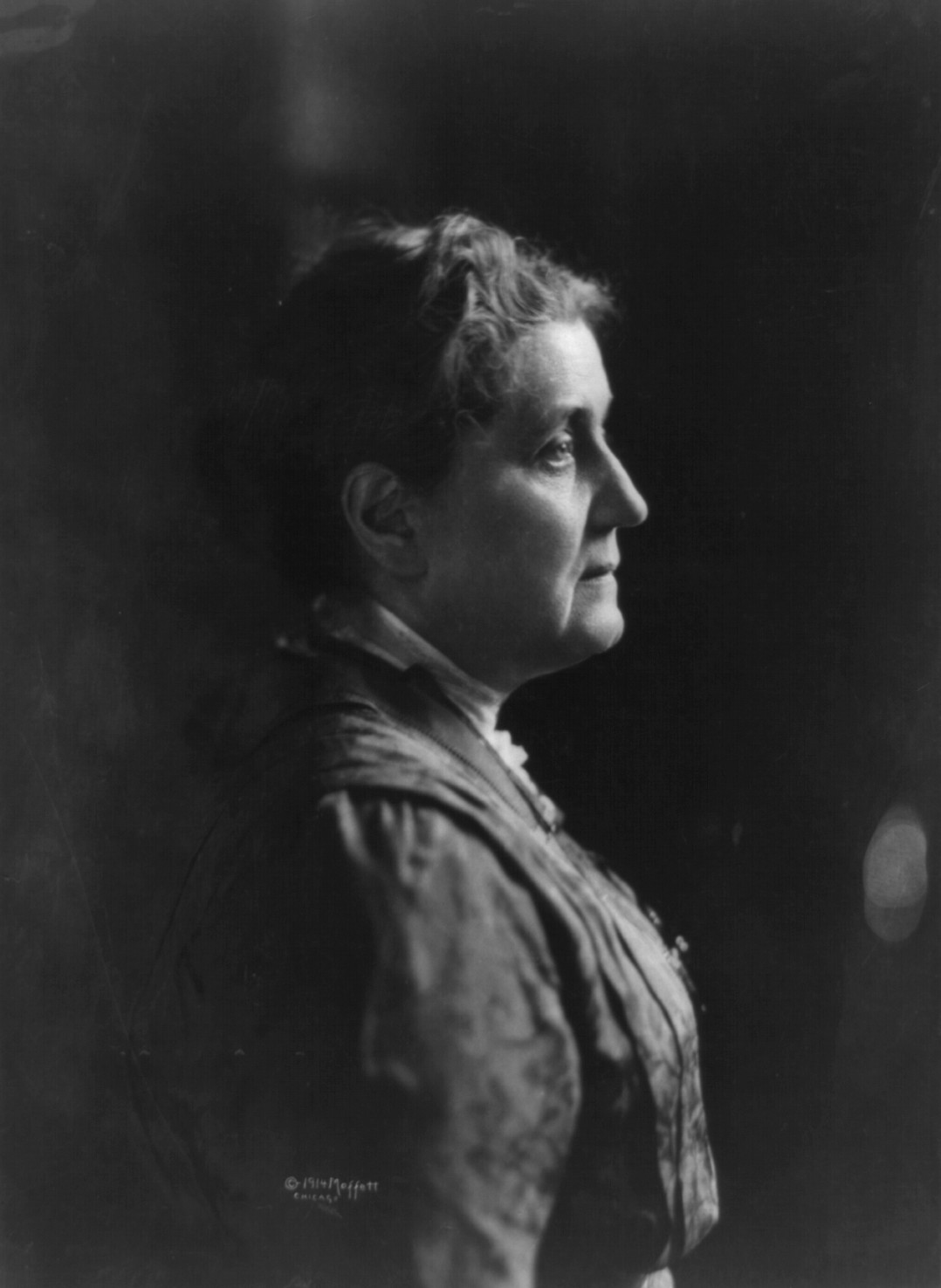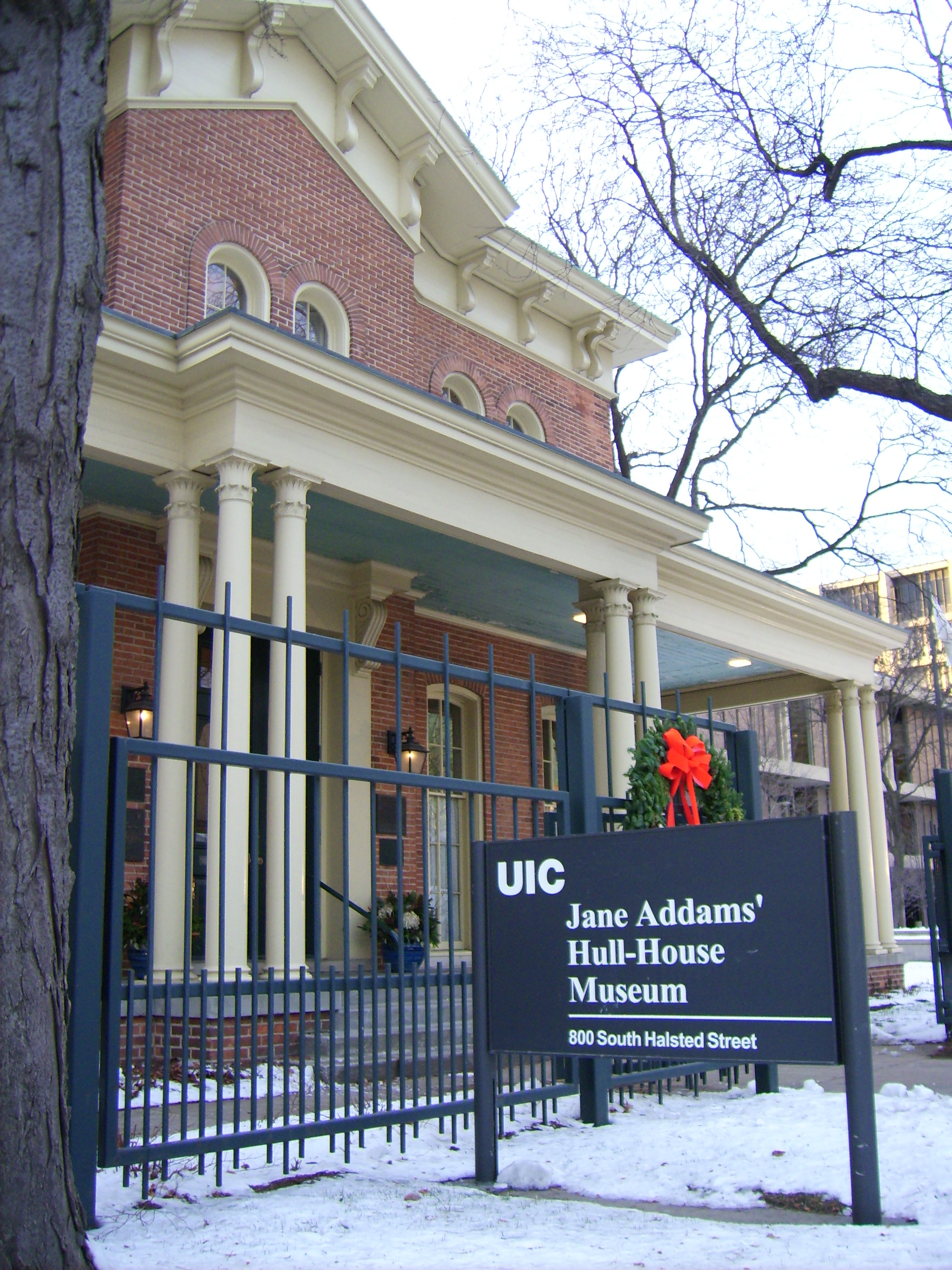Audio Recordings
October 1, 2018Podcast: Download (Duration: 0:12 — 205.1KB)
Subscribe: More
You can listen to audio recordings of Quest Monthly, read back issues or get electronic versions of the text to share with friends (and much more) at questformeaning.org Read more →
Ra’s Army
October 1, 2018Podcast: Download (Duration: 0:37 — 581.4KB)
Subscribe: More
 From a distance they look like miniature, yellow-helmeted soldiers marching along next to the fence, sort of an invasion of Ra’s army. Read more →
From a distance they look like miniature, yellow-helmeted soldiers marching along next to the fence, sort of an invasion of Ra’s army. Read more →
Persistence
October 1, 2018October 2018
First forget inspiration. Habit is more dependable…. Habit is persistence in practice. ―Octavia E. Butler
Articles
And Not Grow Weary
Rev. Robin BartlettMy son learned a song at Village Green preschool that he made me sing with him all the next day. Maybe you know it. Read more »
Perseverance
Rev. Diane TeichertUntil my stroke four years ago, at a very healthy 61 years of age, I did not know what perseverance was. Read more »
Offering Comfort and Support
Quest for MeaningAcross the decades, through changes in technology and staff, through world crises and institutional crises, the CLF has been there, offering people around the world comfort and challenge in the form of our liberal faith. Read more »
Swimming Lessons
Rev. Jake Bohstedt MorrillMy first sermon at the first church I ever served (which is also the only church I have served) was called “Swimming Lessons.” Read more »
Cinders as Far as the Eye Can See
Rev. Dennis McCartyWhile I explored central Idaho’s Snake River Plain, I camped at Craters of the Moon National Monument. Read more »
From Your Minister
Rev. Meg RileyAs another gardening season begins to come to a close, I offer gratitude for all of the lessons that I learn from my garden. Read more »
REsources for Living
Rev. Dr. Lynn UngarI have a fairly big front lawn—or what passes for a large lawn in my suburban California location. If, that is, it passes for a lawn at all. Read more »
Audio Recordings
Quest for MeaningYou can listen to audio recordings of Quest Monthly, read back issues or get electronic versions of the text to share with friends (and much more) at questformeaning.org Read more »
Ra’s Army
Quest for MeaningFrom a distance they look like miniature, yellow-helmeted soldiers marching along next to the fence, sort of an invasion of Ra’s army. Read more »
Persistence
Quest for MeaningFirst forget inspiration. Habit is more dependable…. Habit is persistence in practice. ―Octavia E. Butler Read more »
Sacred Vulnerability
October 1, 2017Podcast: Download (Duration: 14:48 — 13.6MB)
Subscribe: More
Here’s a quote that I really love:
Read more →“Vulnerability is the core of all emotions and feelings. To feel is to be vulnerable. To believe vulnerability is weakness is to believe that feeling is weakness. To foreclose on our emotional life out of a fear that the costs will be too high is to walk away from the very thing that gives purpose and meaning to living.”
The Shadow Side of Vulnerability
October 1, 2017Podcast: Download (Duration: 11:17 — 11.8MB)
Subscribe: More
 During a sabbatical in the UK a few years ago, I had the pleasure of meeting a British Unitarian minister named Jane at a ministers’ retreat. I liked her instantly. Read more →
During a sabbatical in the UK a few years ago, I had the pleasure of meeting a British Unitarian minister named Jane at a ministers’ retreat. I liked her instantly. Read more →
Vulnerability
October 1, 2017October 2017
We are at our most powerful the moment we no longer need to be powerful. ―Eric Micha’el Leventhal
Articles
Sacred Vulnerability
Rev. Chris JimmersonVulnerability is the core of all emotions and feelings. To feel is to be vulnerable. Read more »
Sustenance During Vulnerability
Quest for MeaningOne of the things that can sustain us in our moments of greatest vulnerability is belonging to a community that we can trust to support us and give us the spiritual resources to continue on. Read more »
The Shadow Side of Vulnerability
Rev. Roger BertschausenDuring a sabbatical in the UK a few years ago, I had the pleasure of meeting a British Unitarian minister named Jane at a ministers’ retreat. I liked her instantly. Read more »
The Difficult Gifts of Vulnerability
Quest for MeaningI’m a grown man. I’m doing time for the second time around in the Texas Department of Criminal Justice. In other words, I’m not new to this thing. Read more »
A Hazardous Country
Quest for MeaningI like the comfort I find when I’m able to be vulnerable. That comfortable space, though, is not easy to find, and from within a prison it may not be the best thing to be vulnerable. Read more »
From Your Minister
Rev. Meg RileyWho are the most vulnerable people you know—both individually and because they hold identities which are marginalized and dismissed by powers and principalities? Read more »
REsources for Living
Rev. Dr. Lynn UngarWhat do you choose to do even though it makes you feel vulnerable? Do you speak up in class or in a meeting? How about if you’re not entirely sure you have the right answer? Read more »
Did You Know?
Quest for Meaning…that we are looking for UUs to join our Prisoner Pen Pal program? Read more »
Inhabiting Vulnerability
Quest for MeaningVulnerability is not a weakness, a passing indisposition, or something we can arrange to do without; vulnerability is not a choice. Read more »
Vulnerability
Quest for MeaningOctober 2017 edition of Quest Monthly – We are at our most powerful the moment we no longer need to be powerful. ―Eric Micha’el Leventhal Read more »
An Open Letter to the Closeted Gay Men Who Helped Draft the Nashville Statement
August 31, 2017Dear Closeted Gay Men,
You think that, by lobbing the grenades of judgment and hate at other people, at vulnerable people daring to own the truth of our bodies, you protect your own vulnerable selves. In truth, you are terrified. I don’t know you, but I know your name. Your name is Shame. Your name is Self-Hatred. You think that your homophobia protects you. But we know. We can see right through you. The bigger the front, the bigger the back!
How do I know that at least one closeted gay man helped to draft this new statement? Honey, I’ve been around the block. I’ve seen homophobic preacher after homophobic politician busted by a prostitute or male escort, or by someone who recognized them at a sleazy dark gay bar. I’ve seen luggage lifters and men with a ‘wide stance’ in the mens’ room bleating out lies which no longer cover their duplicity, which no longer bury the lie that is the epicenter of all they say and do. You’ve cried to me on occasion, too, wearied by the energy of fighting off who you are but too scared to stop the fight. You are not invisible. And the misery that you foist onto the lives of others is very very real.
I don’t care if you like to lie about your sexuality. To each their own. But when you project your shame and self-hatred on the children who are trying to live into their authentic selves, when you spew out your terror and shame and judgment and try to pin it on God, when you throw it all over people who already have enough hate to deal with in the world, I call you on it.
You Shall Not Bear False Witness Against Your Neighbor.
That’s in the Top Ten from God, unlike the obscure passages you love to cite. And it is precisely this which you are doing.
Love your neighbor as yourself.
That’s the one big one from the man you claim as your Lord. You are violating both parts of this injunction, loving neither your neighbor nor yourself.
And I want you to know you’re not fooling anyone. We know that your homophobia is rooted in your own desires for men, which you hate. Science backs me up. When electrodes are wired to men’s genitals and they watch male-centered erotic materials, the virulently homophobic men have strong arousal. The gay and bisexual men are also aroused. The non-homophobic heterosexual men, not so much. This physical truth must terrify you. Perhaps you have spent a life distancing yourself from your body, sternly telling yourself that if you don’t act on your innate desires, you will stay in God’s favor.
What a waste of time, honey. What a waste of your life. Why don’t you stop hating yourself and see how much less hate you have to spew on other people? Why don’t you enjoy the gift of sexuality that God gave you and celebrate the diversity of genders and sexualities God put into the world?
I am one of the hundreds of thousands of people of all faiths who welcome and celebrate diversity of sexuality and gender, as well as every other kind of diversity given as a gift to us on this earth. I wish you could climb out of your prison of hate and join us.
In the meantime, I’ll keep reminding you that I see you. You will be judged by the actions you take, and the effects that they have on the lives of others. You’re not fooling me. And you’re certainly not fooling God.
In the Shadow of the Bomb
August 11, 2017I was sitting with two beloved twenty year olds at dinner recently, catching up with one another’s lives. Their stressful work lives, bad bosses, another week gone by. Then I asked, “So this threat of nuclear war hanging over our heads—how are you internalizing that?”
Both of them shrugged and kept eating. “In a way, it would be easier,” one of them said. “We’d all just die. I mean, it would suck, but it would be over . . . ”
This person always leans towards cynicism, so I looked to the other one, with her sunny side of the street personality, for a reality check. She was matter-of-factly nodding agreement. “Sure,” she said. “It sounds horrible but in a way much easier than the long slow fight for life that we’re going to have with global climate change anyway.”
We went on with dinner. Life returned to mundane topics. But this conversation keeps replaying in my mind. What hideous alternatives my generation is handing off to the young ones. I spent my own twenties in the Reagan years, furious at the weapons build-up and games playing by the world leaders. So outraged by the death-centered-theology (End times are GOOD!) that I entered seminary to focus on nurturing and sharing life-affirming beliefs instead.
My friends and I demonstrated at nuclear weapons facilities, spent months living at women’s peace camps, in New York and at home in Minnesota, camped out by military bases and weapon-producing factories. We held massive peace marches. Thousands of us committed civil disobedience at the local Honeywell plant that made cluster bombs. I spent seven years with a small group of women in an “empowerment group,” systematically working through the exercises Joanna Macy introduced in her book, “Despair and Empowerment in the Nuclear Age,” and offering them up to the wider community.
I, too, thought we might all perish. The threat permeated our daily lives, our media. Reading statistics about millions of people dying was mind-numbing and unreal then, and it’s unreal now. I read a post that said before someone could push the nuclear codes, they should have to stab one living person to death and watch them die. That makes it real, takes away the video-game quality.
This morning, finally, I had a good cry. What opened my floodgates wasn’t statistics or speculations. It was a story about a particular act of cruelty, leveled against particular and vulnerable people, that someone told me about.
I felt better after I cried. It reminded me of the one lesson I learned from the Reagan years: While my friends and I—people of race and class privilege—were so focused on the scariest possibility of all, mass annihilation, specific communities were being annihilated all around us. There was a war on poor people. Mass incarceration really cranked up. The war on drugs was a strategic way to assault people of color. So, if I had those years to do over, I would focus more on the particular, the assaults already taking place, doing what I could to stop them, however tiny the effect of my actions might be, rather than fearing the ultimate destruction of the earth and her people. I don’t have those years to live over, but that’s what I’ll be continue to do now.
Don’t get me wrong, if there are massive peace marches, I’ll be there again. But meanwhile, you’ll find me affecting the tiny bits of change I can, where I live. The rest is too big to comprehend.
To the young ones, I can only say, I sorry. I am so sorry that this bleakness is yours to inherit. May you find the support and strength to fight in all the brave ways you can. And may you find joy and fun and love in the fight itself, because heaven knows we did. The friends I made then are still my fast friends, and I wouldn’t change that fact for anything. The creativity and courage of young adults have brought every kind of positive change the world has ever seen, and we all need you now.
Keep fighting!
Hull House
May 17, 2017Jane Addams was raised in a comfortably well-off family in a farming community. So when, as a child, she first saw that some people in the  city lived in horrible conditions she was shocked. But instead of wanting to run away, she decided that she wanted to live among those poor people.
city lived in horrible conditions she was shocked. But instead of wanting to run away, she decided that she wanted to live among those poor people.
She grew up to do more than that. In 1889 Jane Addams and her partner Ellen Starr found a big house in an area of Chicago where many recent immigrants lived, often in dirty, crowded conditions of extreme poverty. That house became Hull House, which not only provided a place for 25 women (including Addams and Starr) to live, it also served as a location for people to join clubs, discussions, and activities, as well as take English and citizenship classes, and theater, music, and art classes.
Hull House provided a kindergarten and day care for the children of working mothers, an employment bureau, an art gallery, a museum, and  libraries. Those lectures and discussions and classes were places for poor immigrants and wealthier Chicago residents to come together and learn from one another, because Addams strongly believed that people of different social classes had a great deal to teach one another, and that we all are better off when people come together.
libraries. Those lectures and discussions and classes were places for poor immigrants and wealthier Chicago residents to come together and learn from one another, because Addams strongly believed that people of different social classes had a great deal to teach one another, and that we all are better off when people come together.
Learn more by visiting The Jane Addams Hull-House Museum online.
From Your Minister
April 1, 2017Podcast: Download (Duration: 5:37 — 5.2MB)
Subscribe: More
Years ago, a therapist told me that people would rather feel absolutely anything besides helplessness. Read more →
Renew Your Membership
We invite you to join your fellow CLFers to renew your CLF membership and stewardship of the CLF for another year.
Support the CLF
Can you give $5 or more to sustain the ministries of the Church of the Larger Fellowship?
Newsletter Signup
About
Quest for Meaning is a program of the Church of the Larger Fellowship (CLF).
As a Unitarian Universalist congregation with no geographical boundary, the CLF creates global spiritual community, rooted in profound love, which cultivates wonder, imagination, and the courage to act.
Contact
Church of the Larger Fellowship Unitarian Universalist (CLFUU)
24 Farnsworth Street
Boston MA 02210






